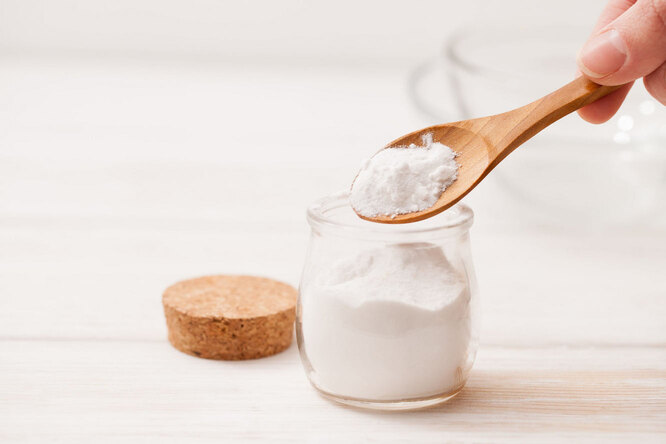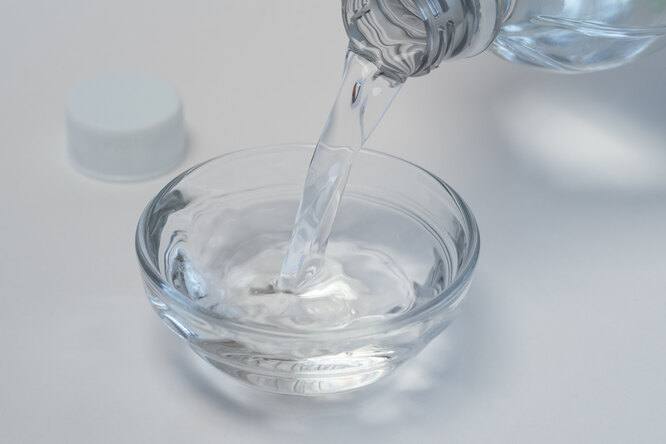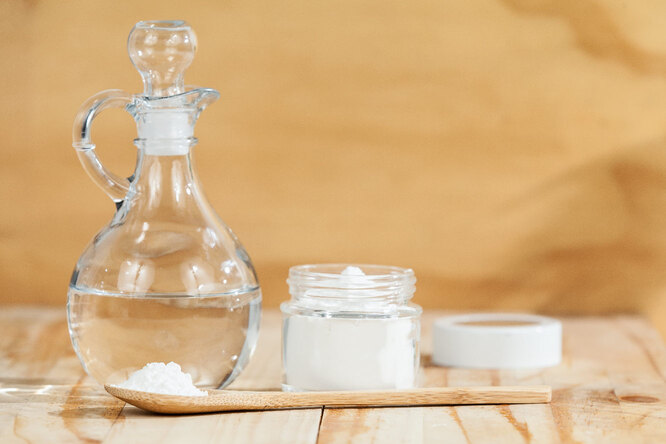What’s better than a few hours spent in a spa? There are many nuances that make the atmosphere perfect, and one of them is the soft bath towels in which it is so pleasant to wrap yourself.
Today we will tell you whether it is possible to achieve the same effect at home and what is better to use for this – vinegar, lemon juice, dry starch or detergent regular laundry detergent, that you just need to “know how to cook”. So, here’s how to make your towels fluffy and fragrant!
How to make towels soft and fragrant: the best remedies
A soda











